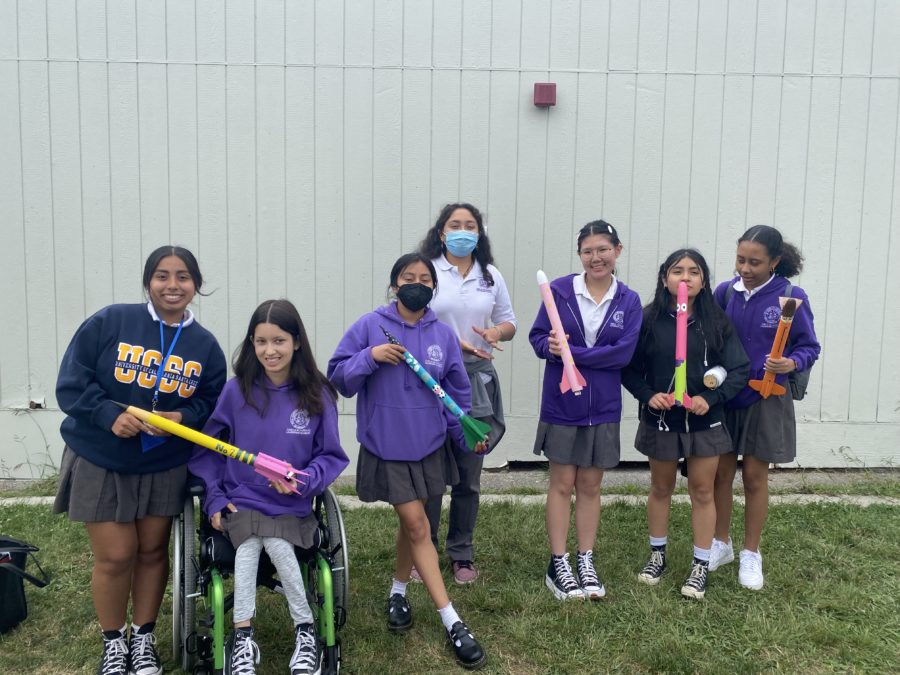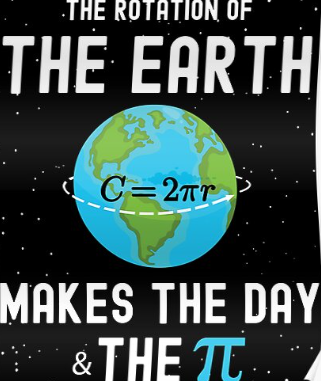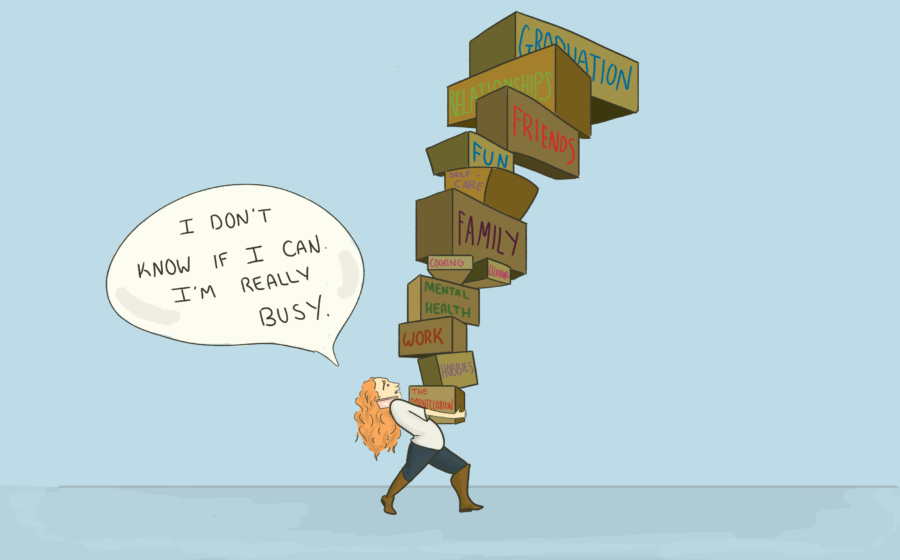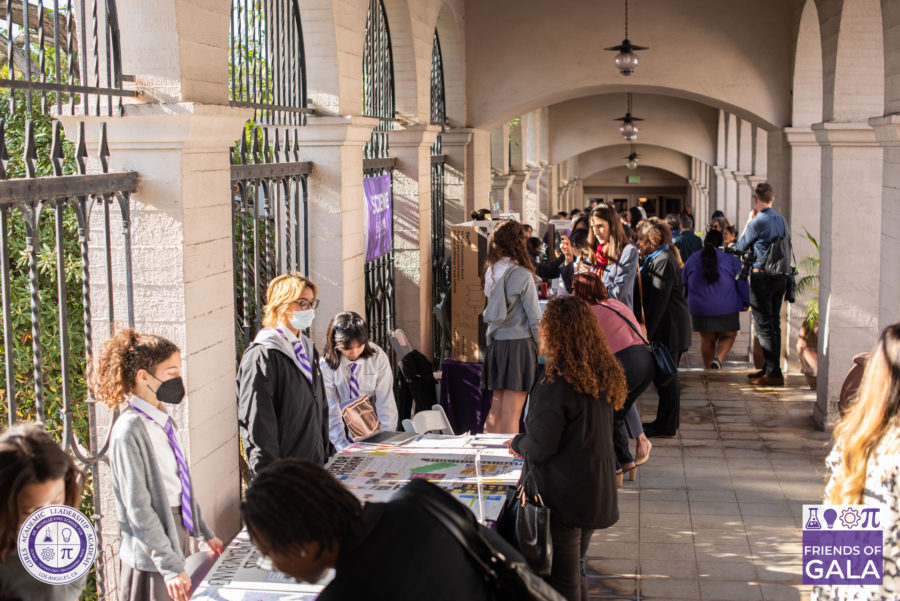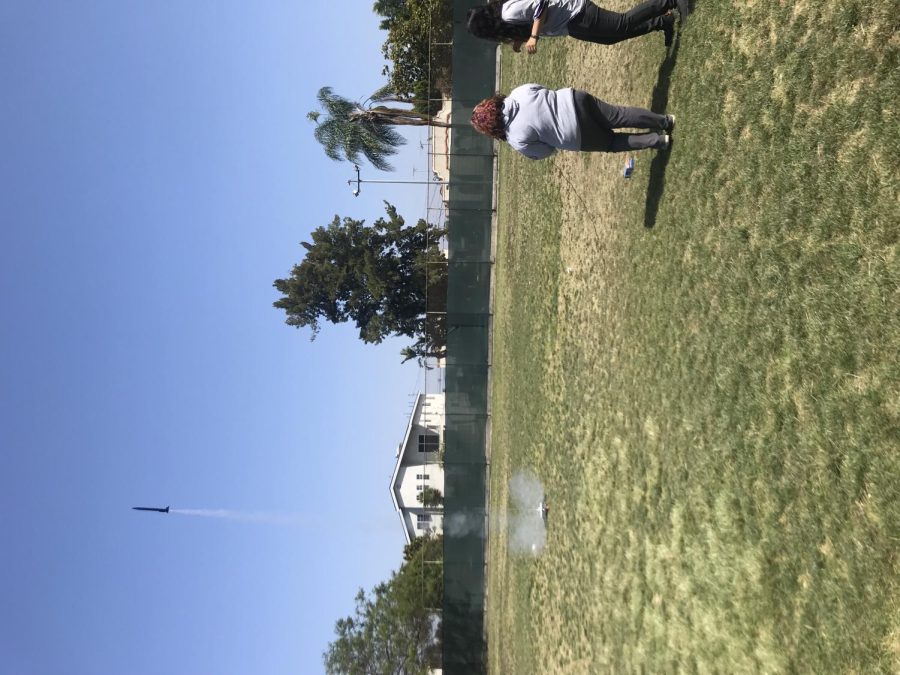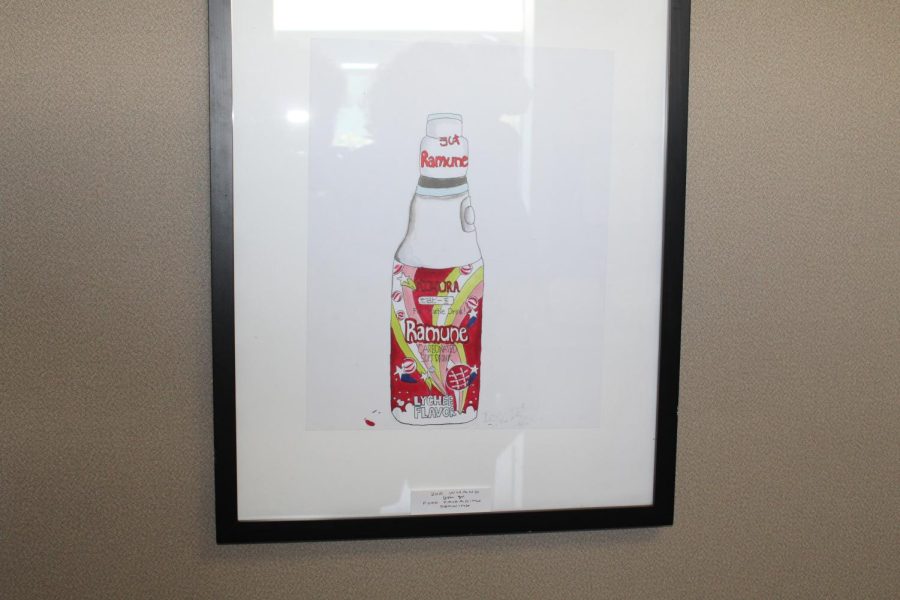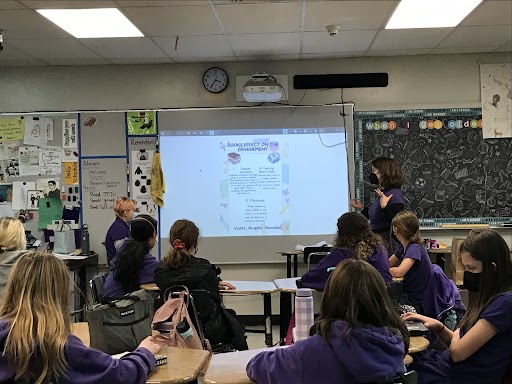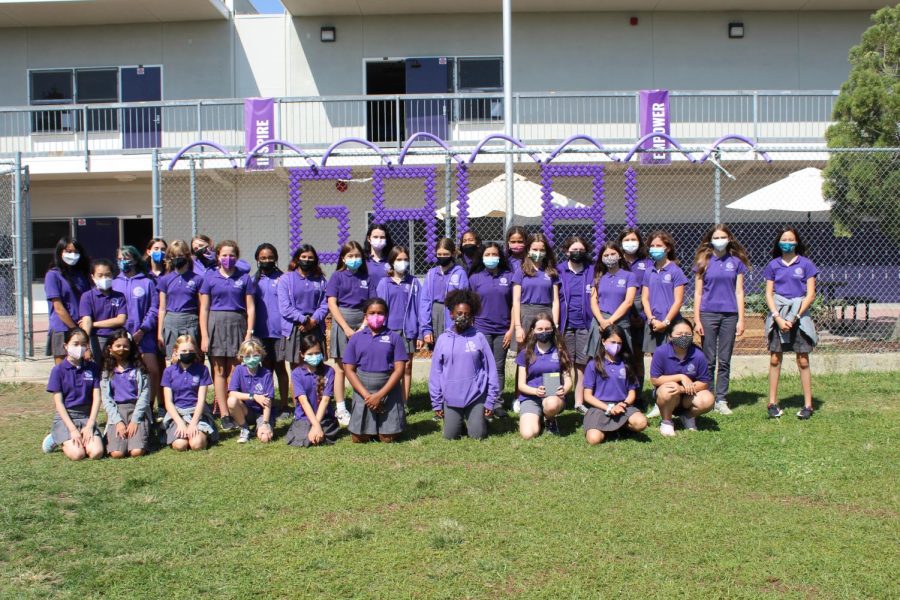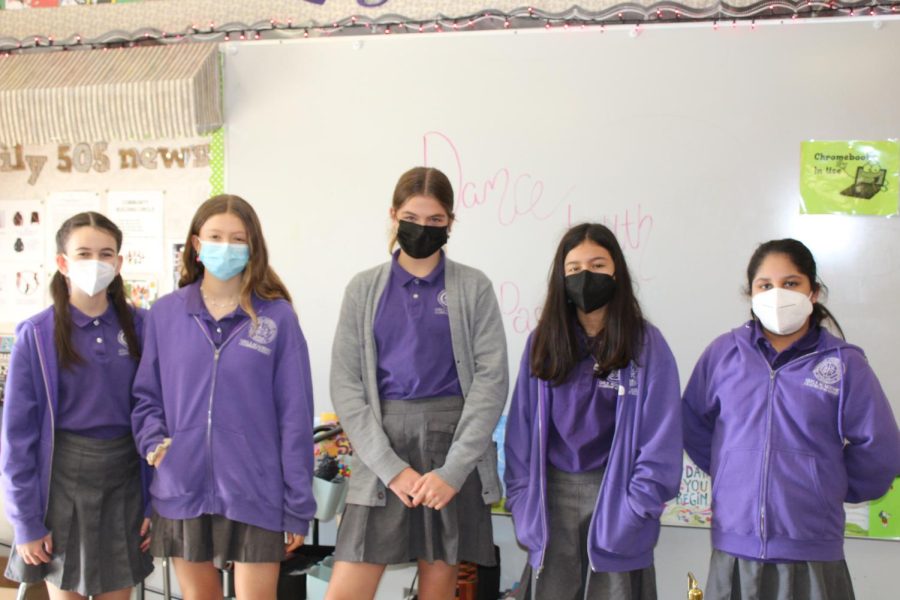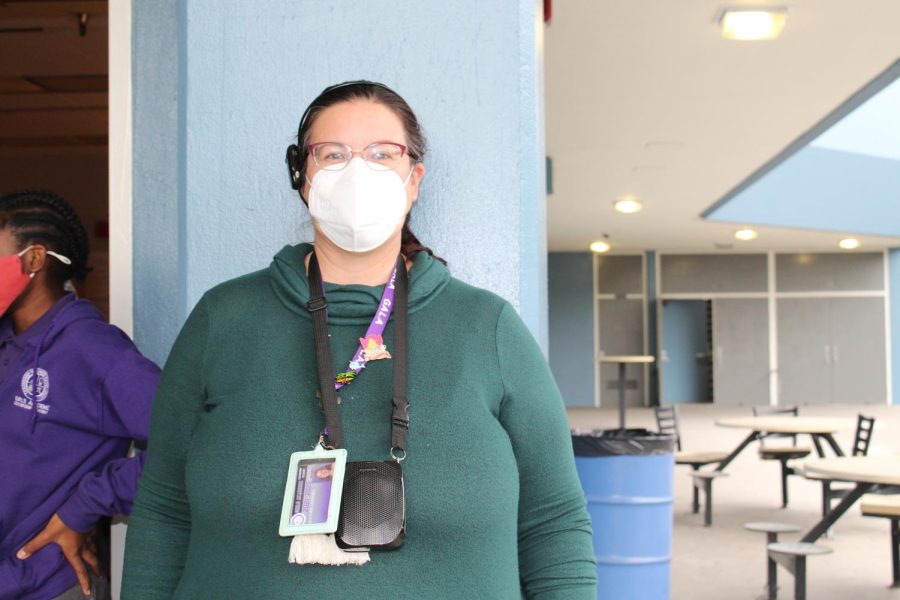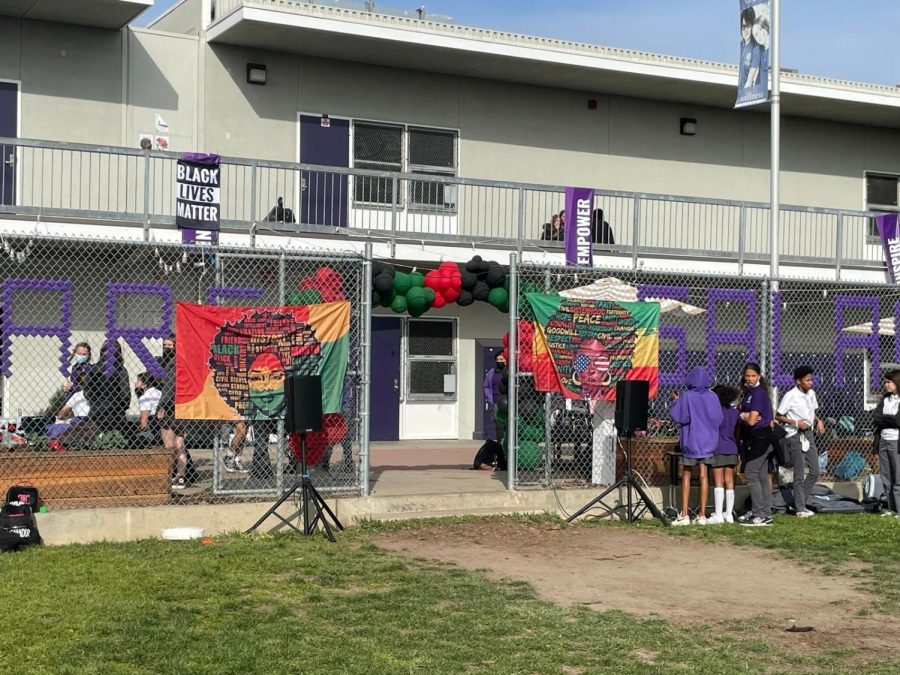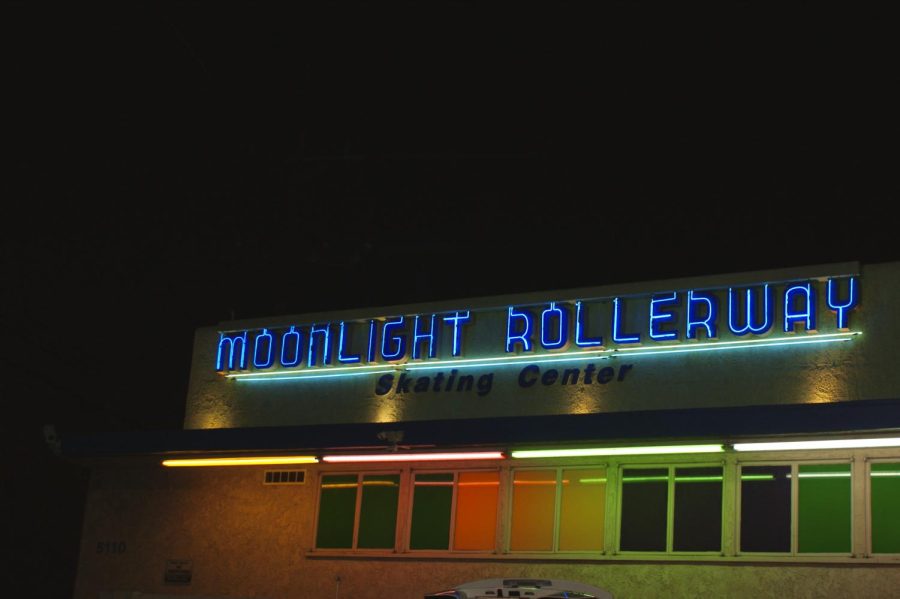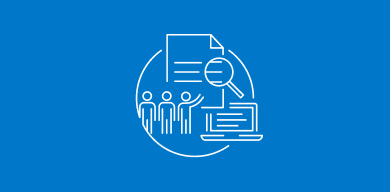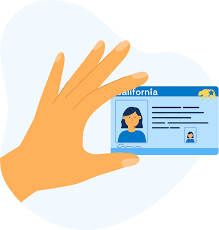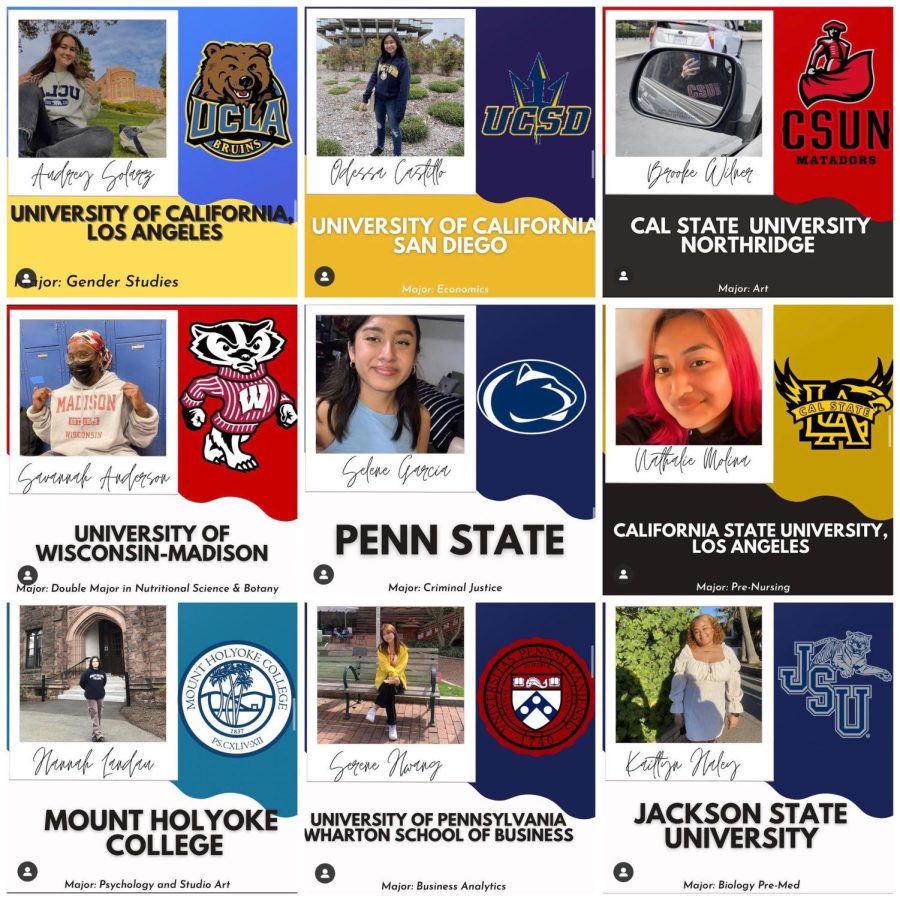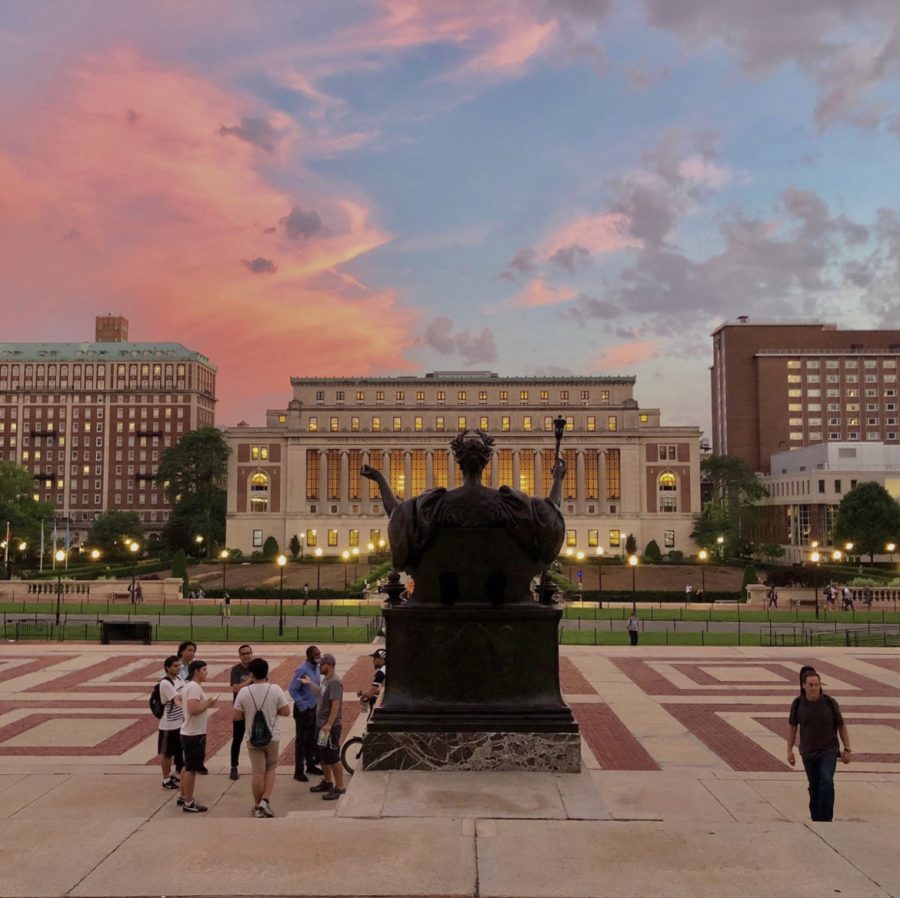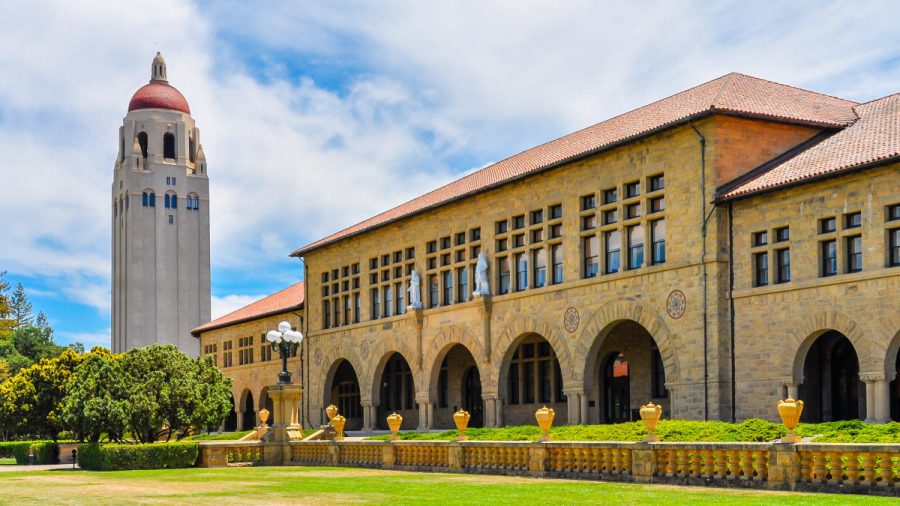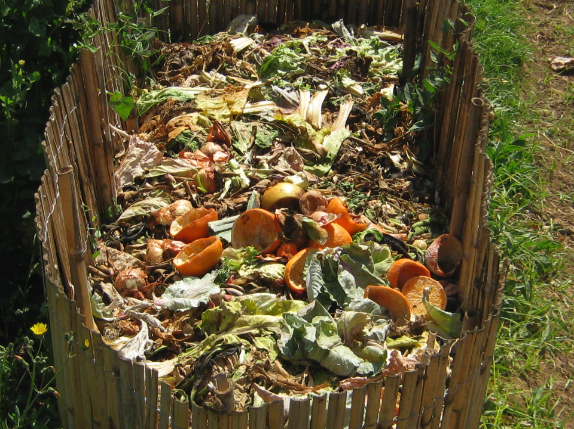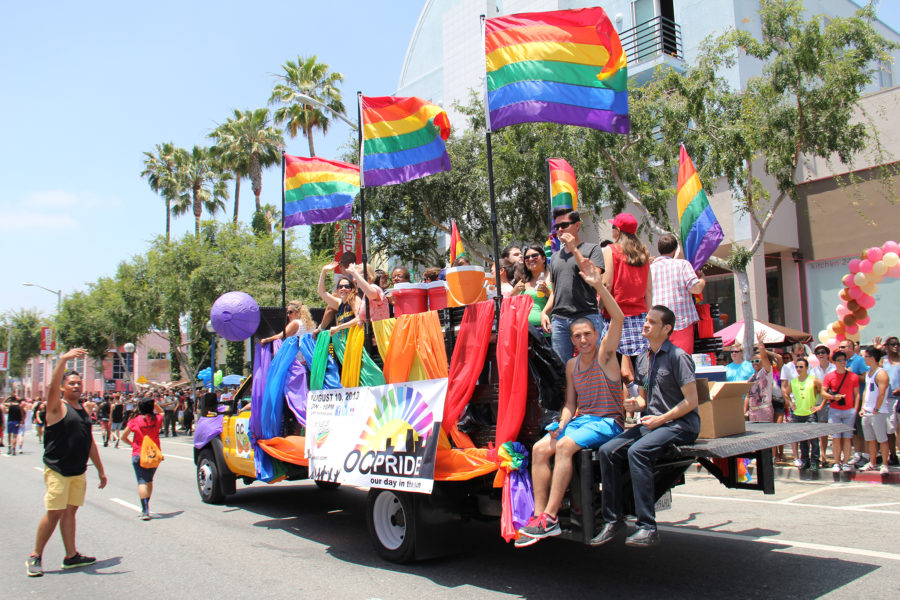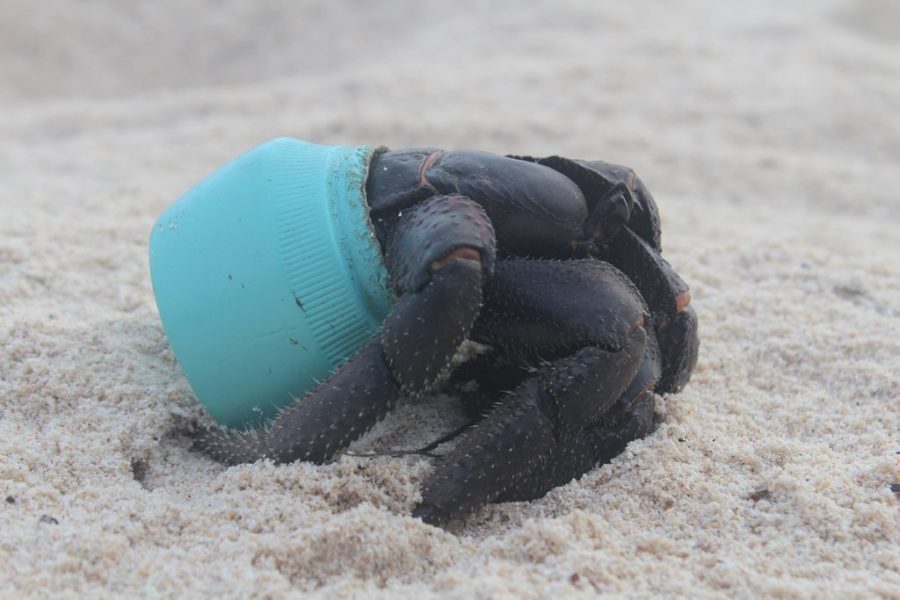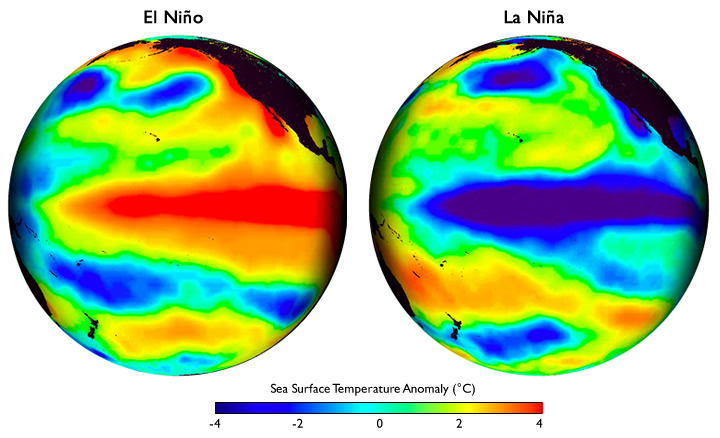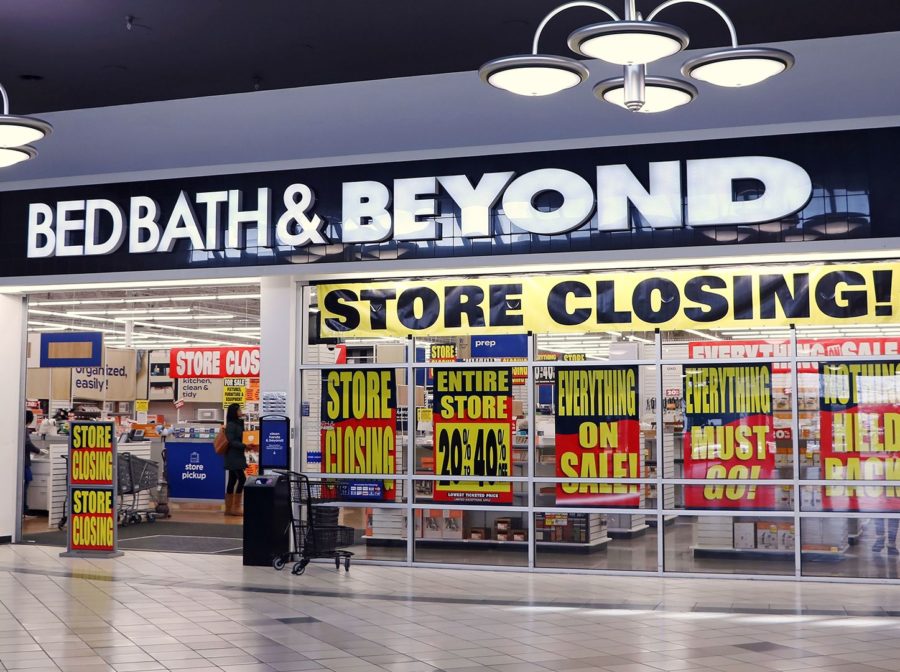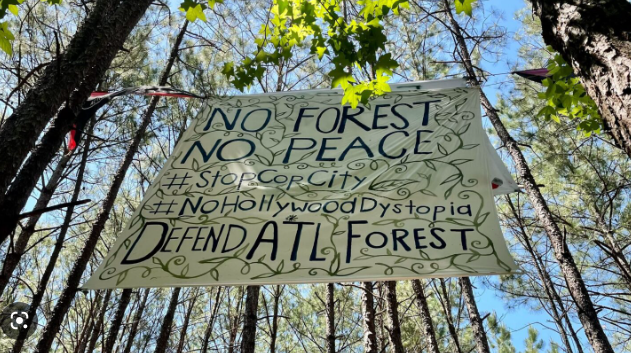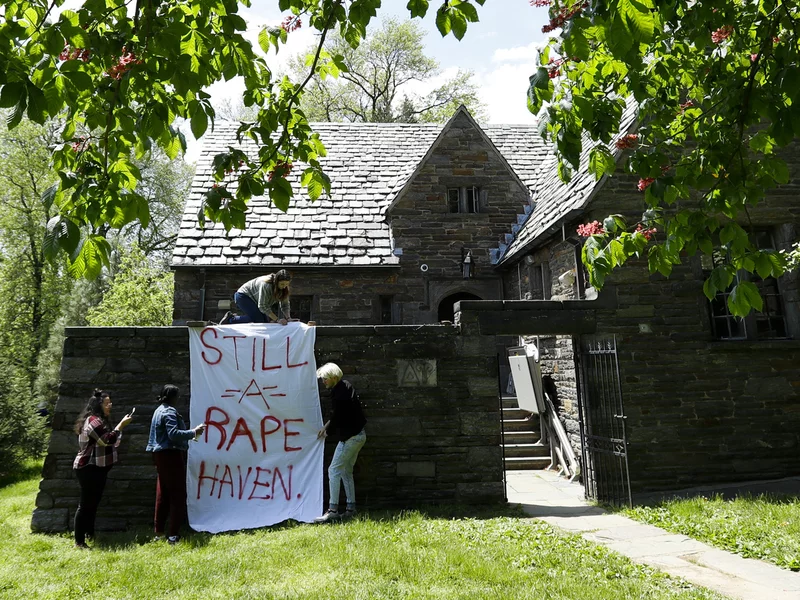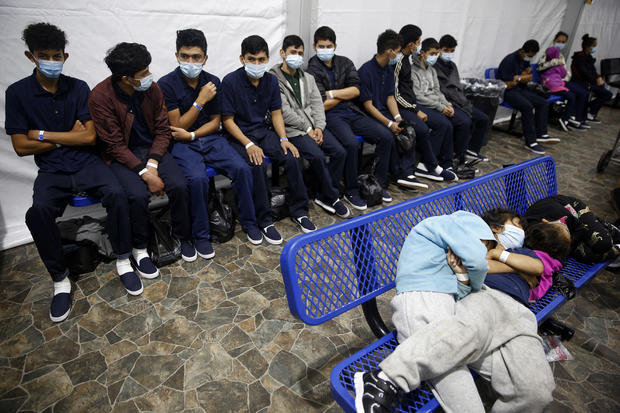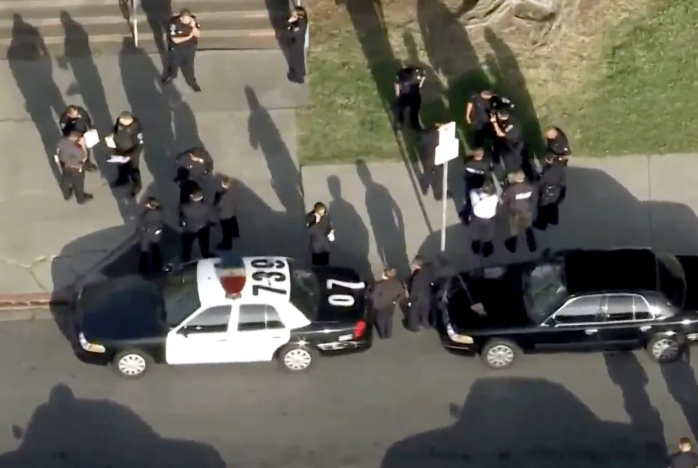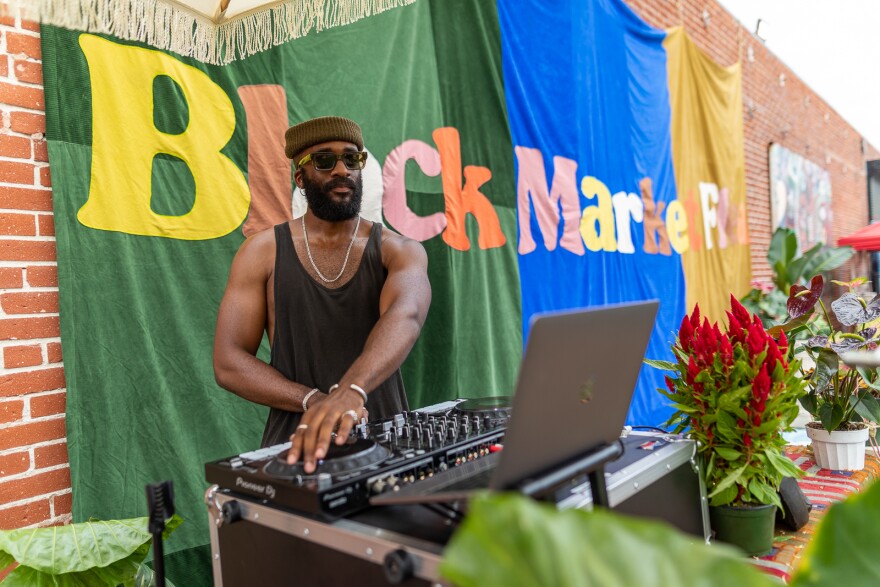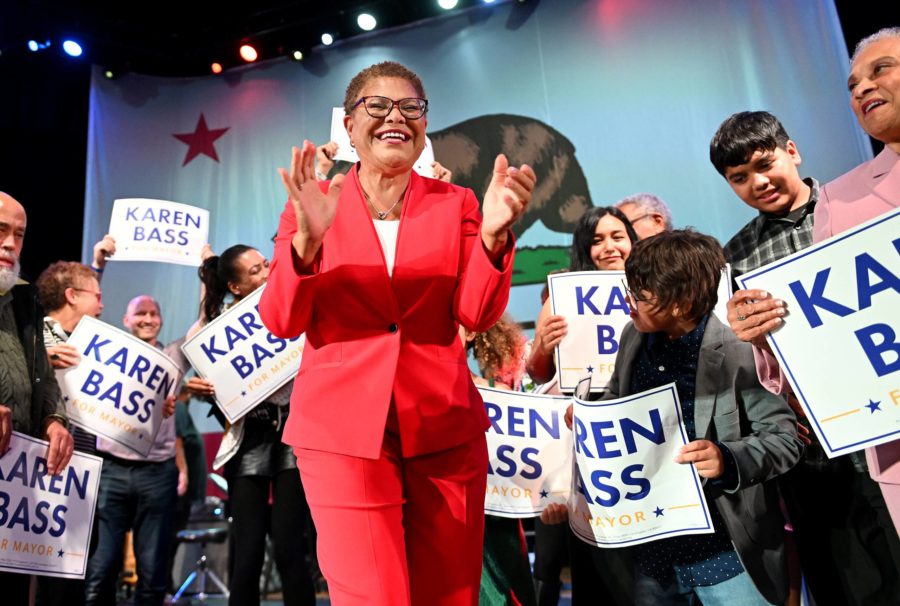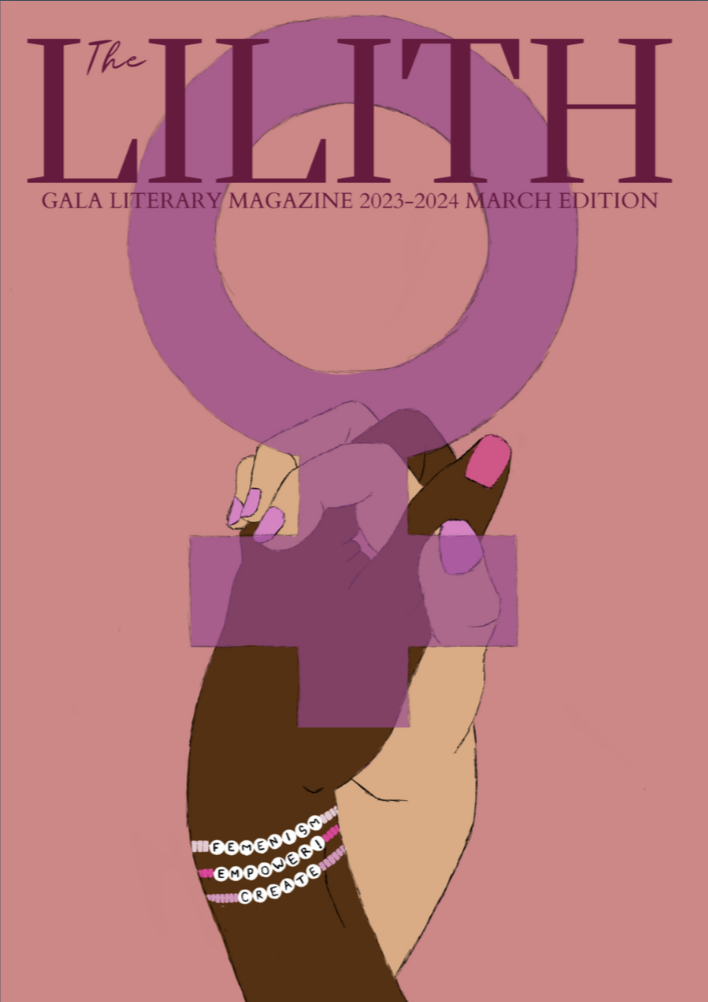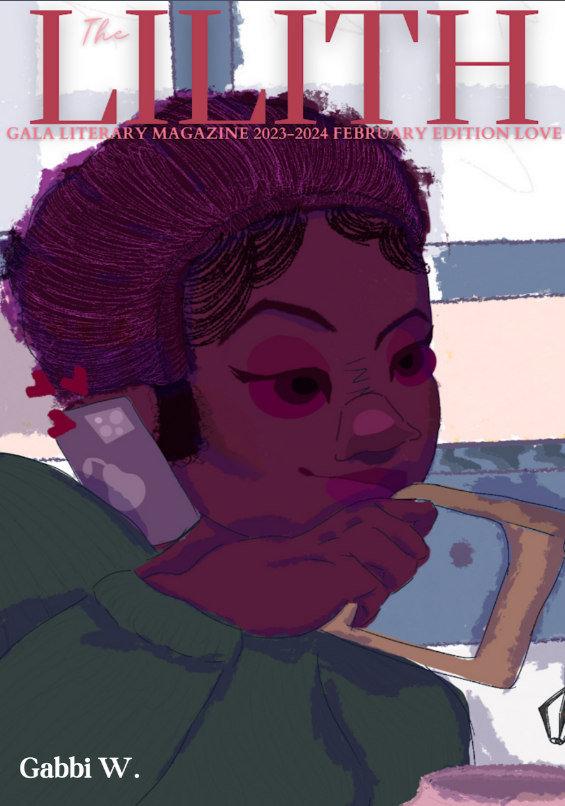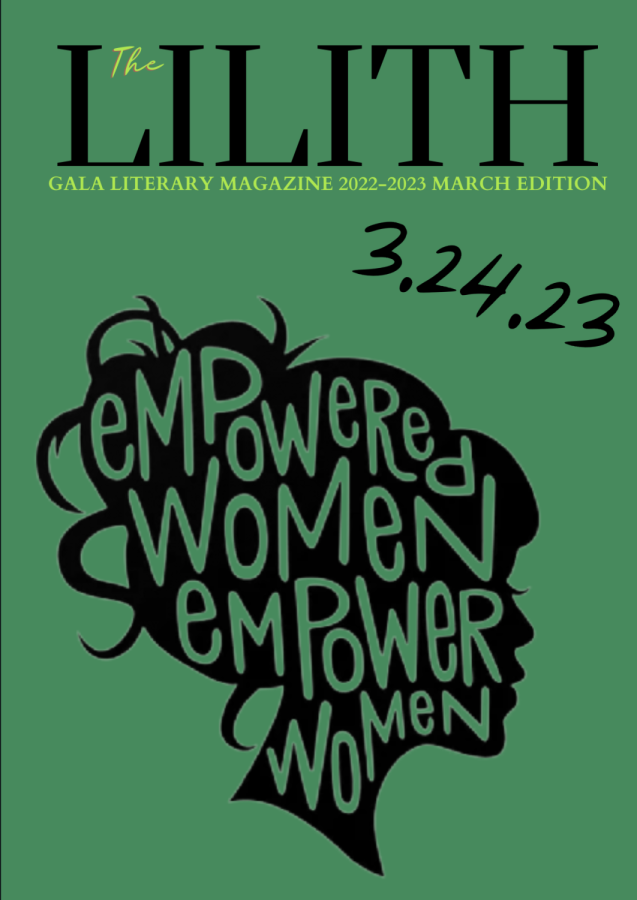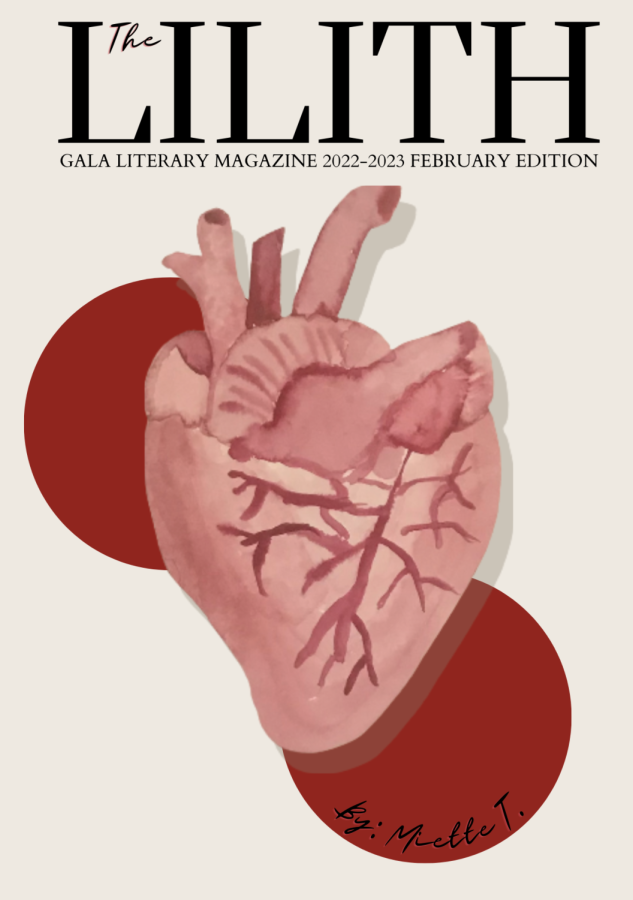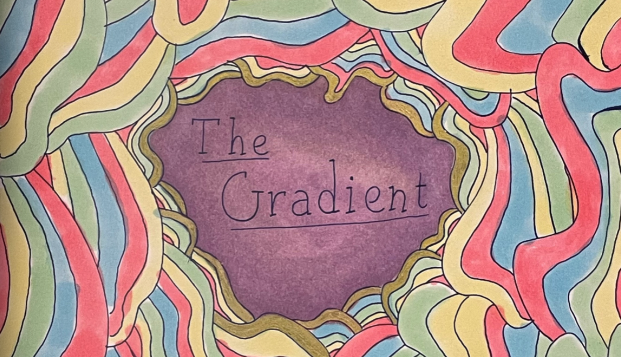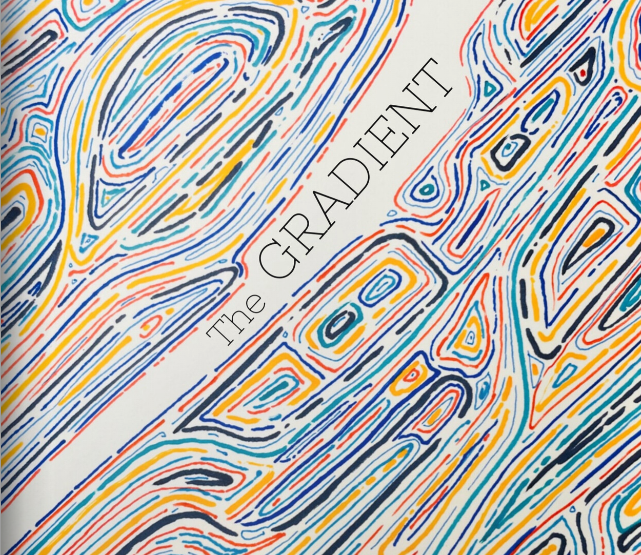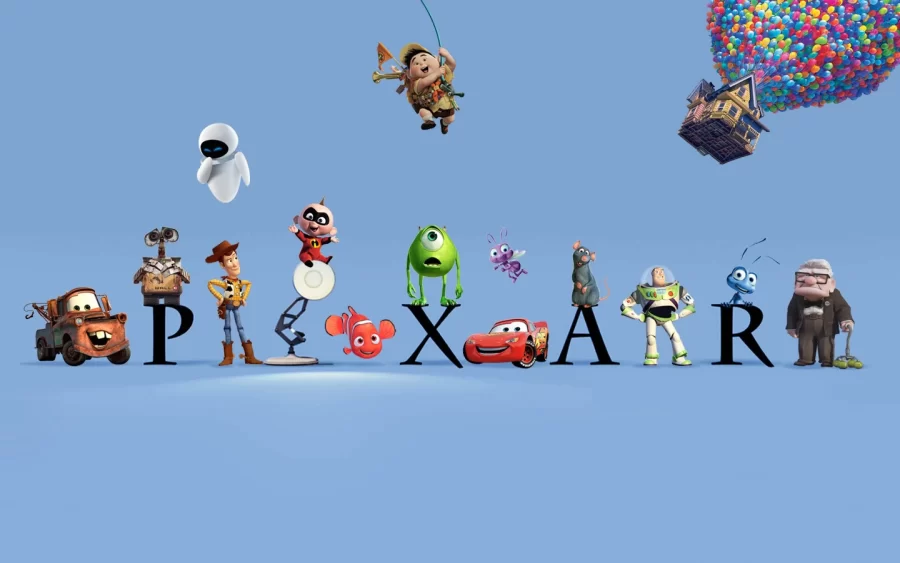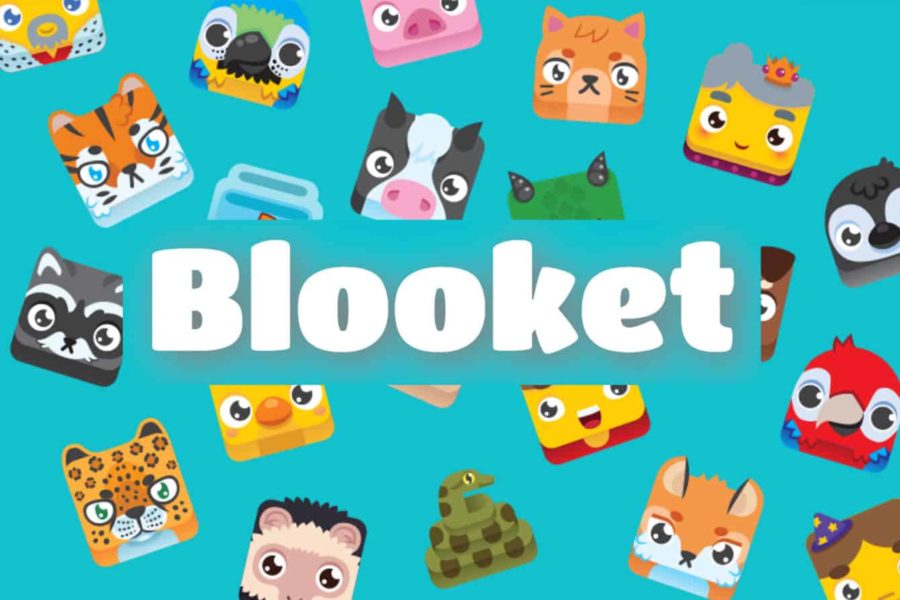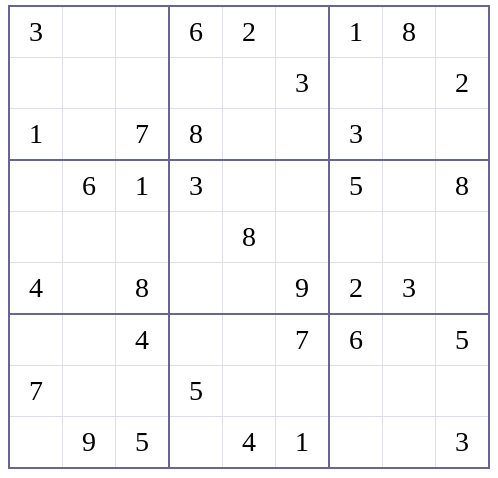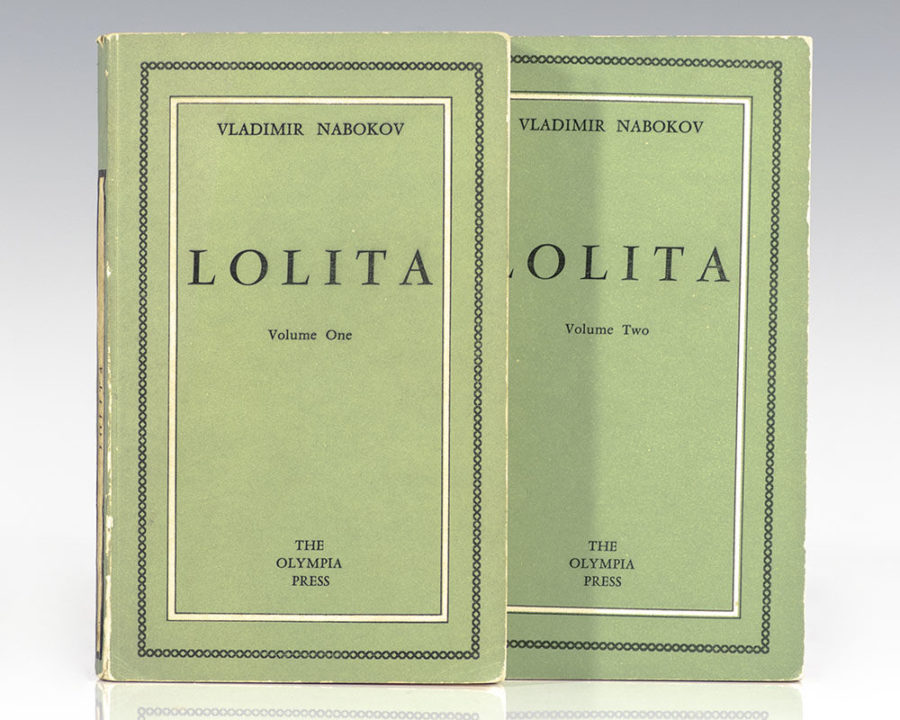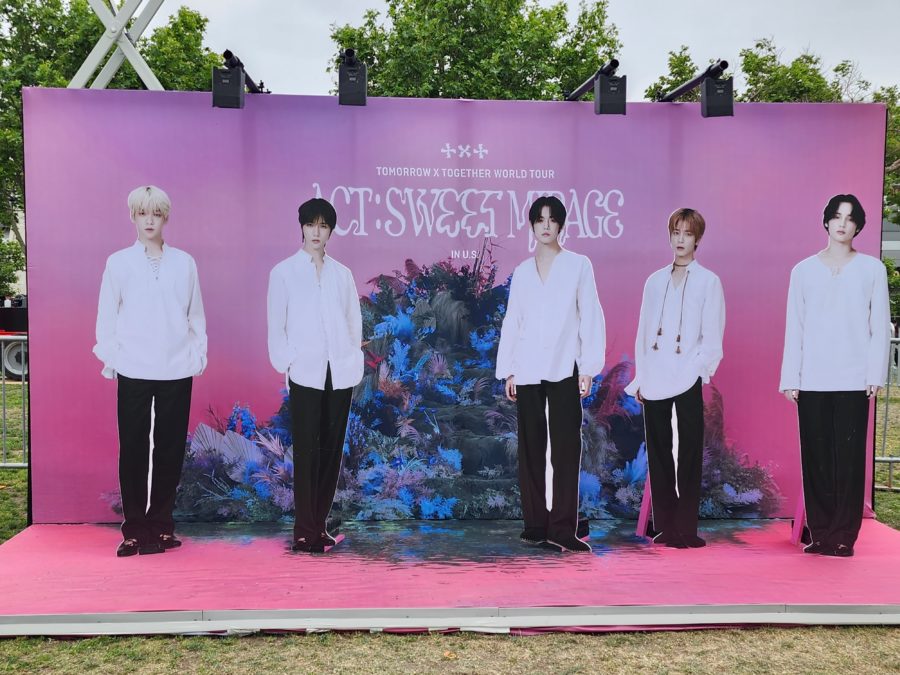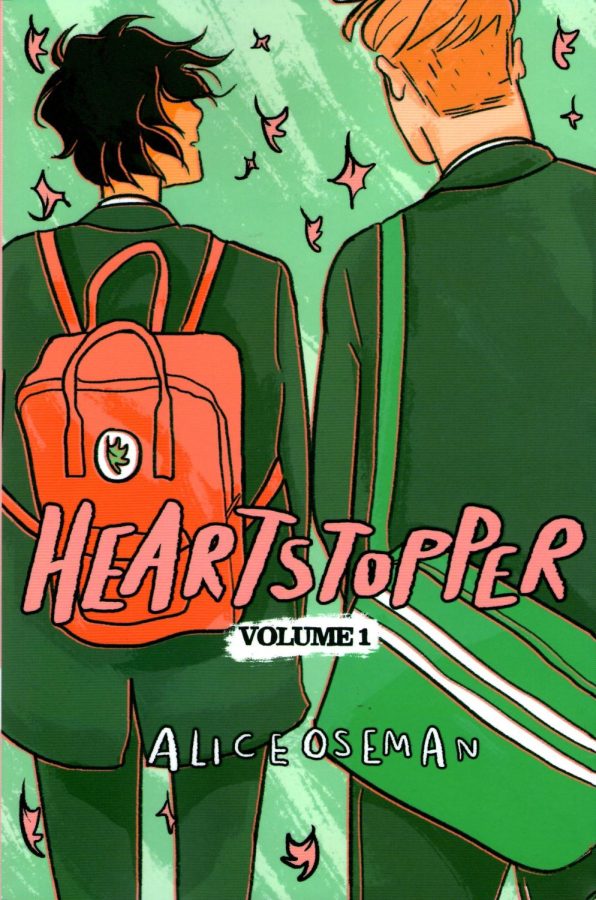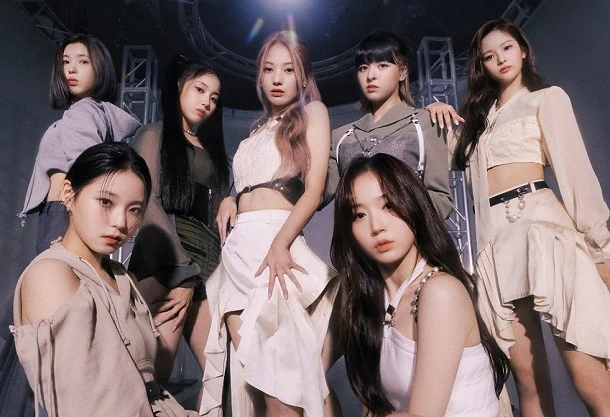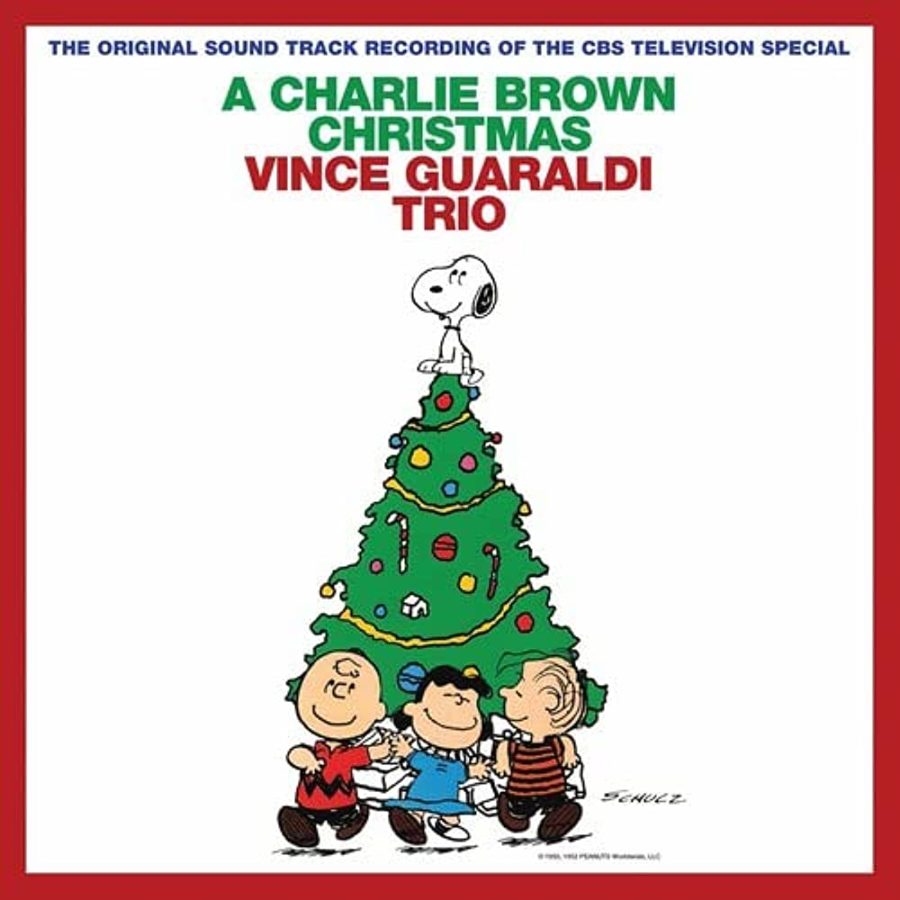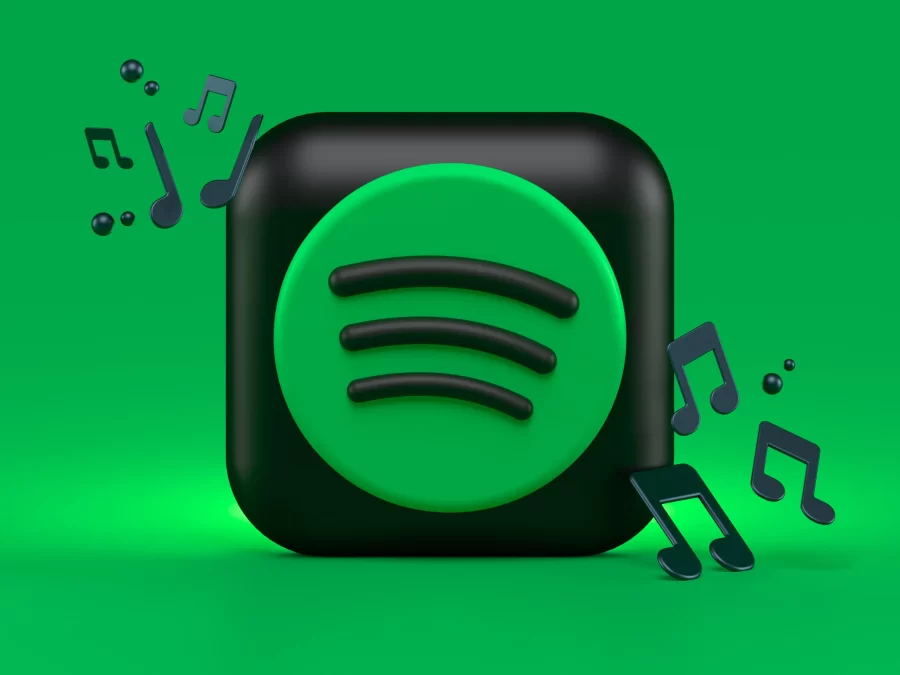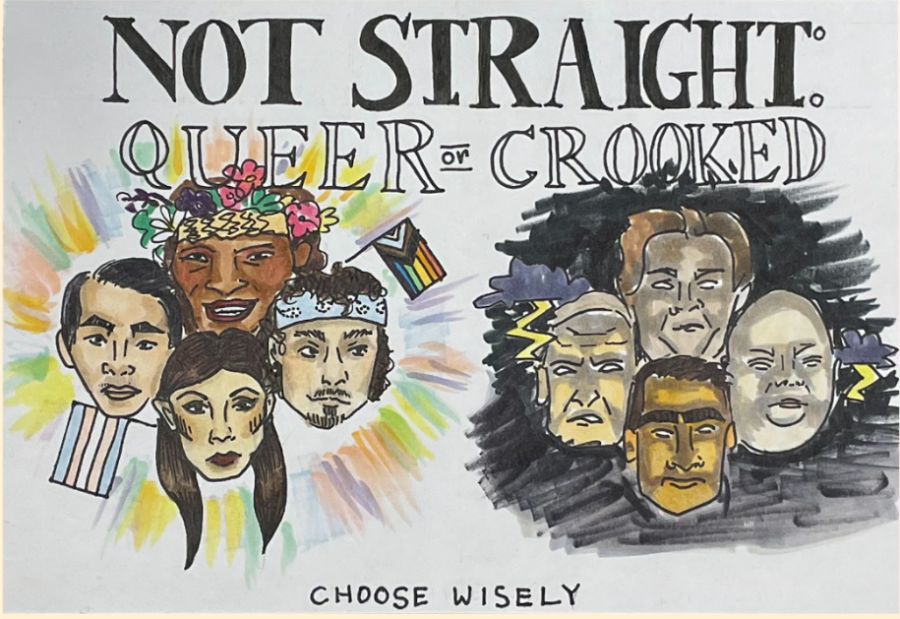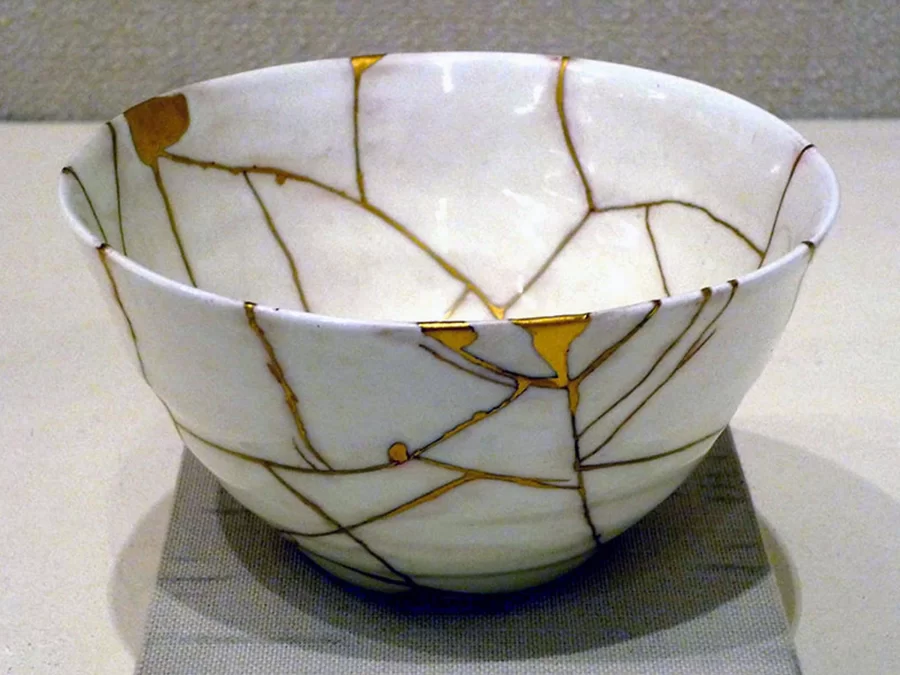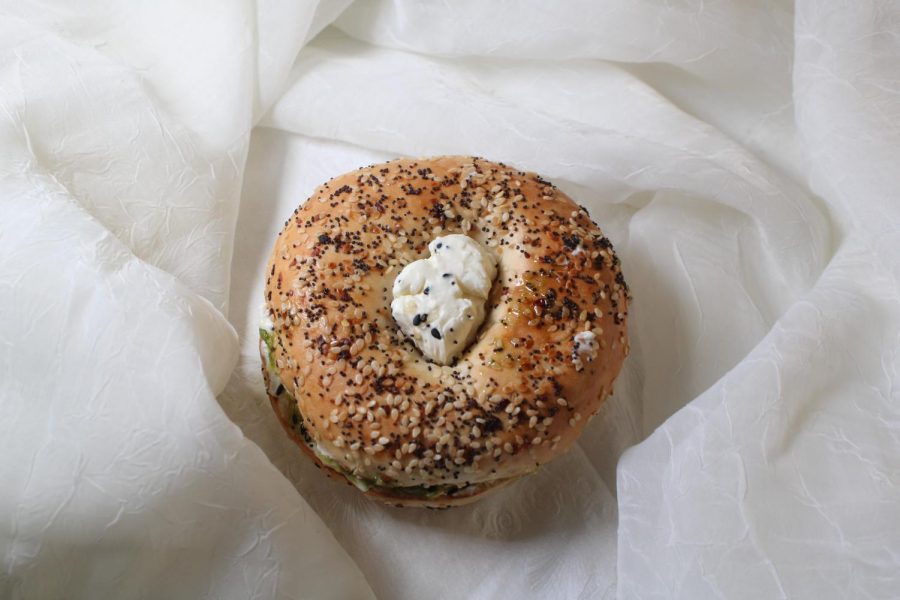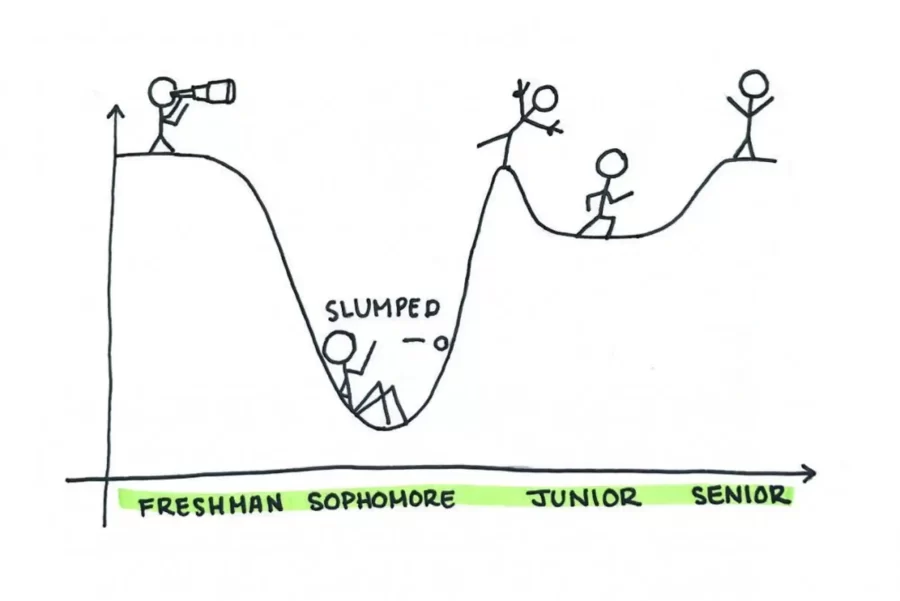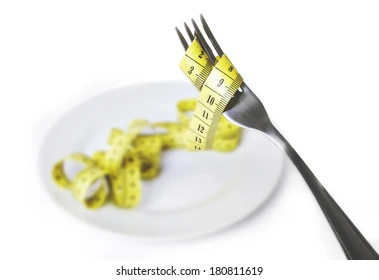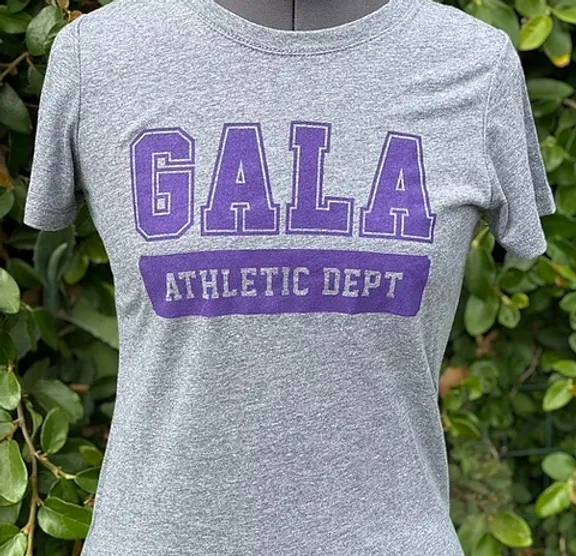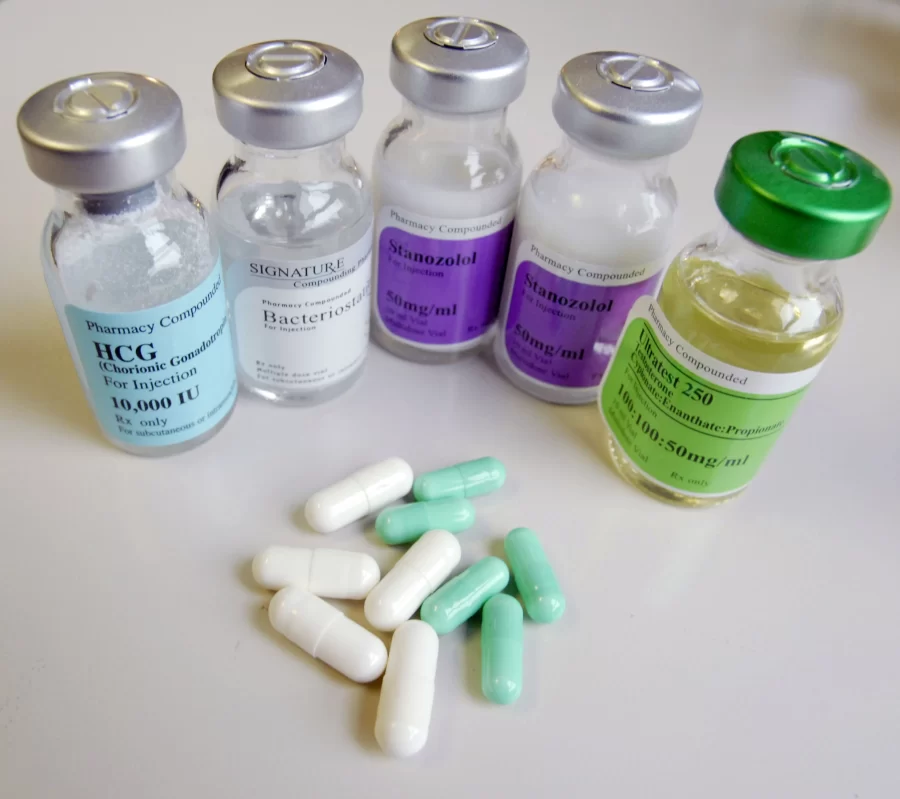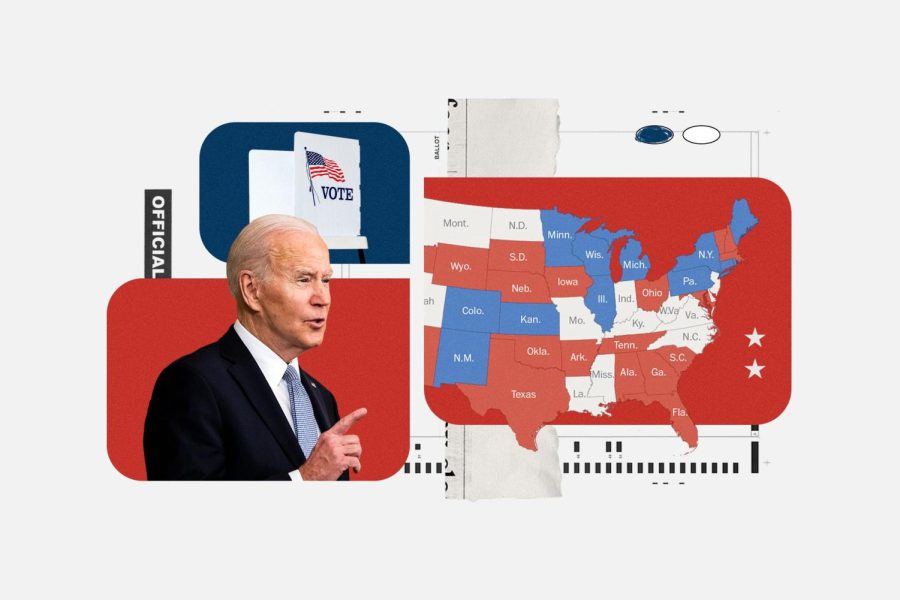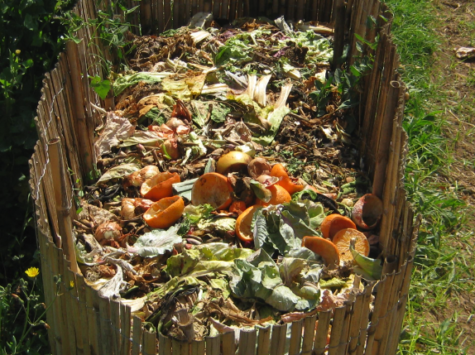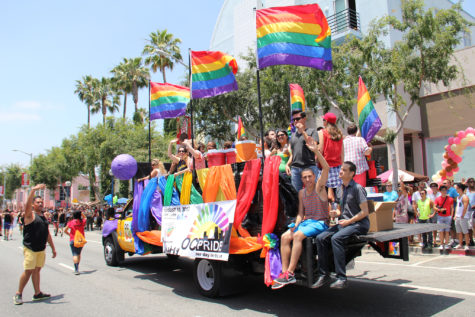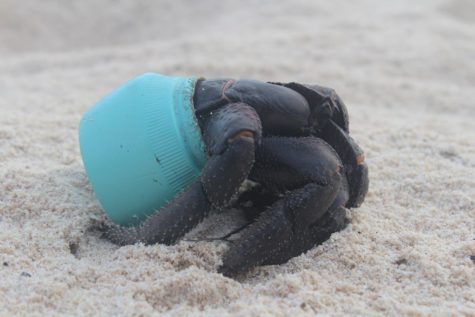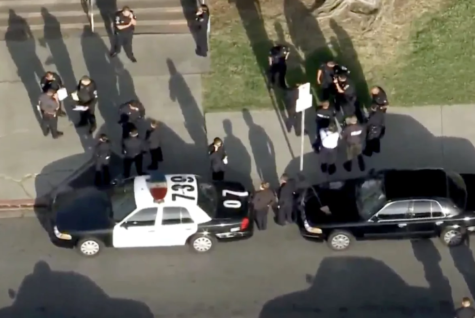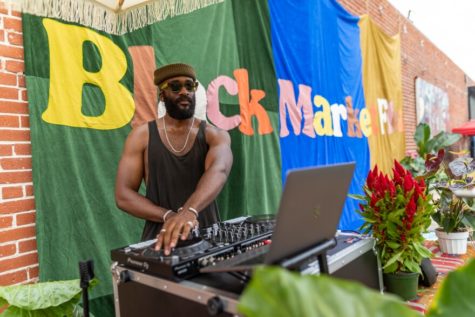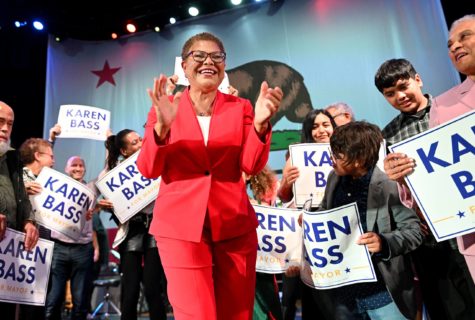Midterm Elections
Often referred to as The American Olympics, midterm elections occur every four years, much like the Olympic winter games. As stated in the name, midterm elections take place in the middle of a president’s term in office on the eighth of November.
Typically, Midterm elections tend to have a lower voter turnout than presidential elections but the stakes in this instance are just as high, with no exception to this upcoming midterm.
During this election, all seats in the House of Representatives (435) are up for election, along with thirty-five seats out of one hundred for the Senate. This Senate election however is a special case, as Senator James Inhofe is retiring which requires someone to fill the four years remaining in the term. On top of this, thirty-six state governorships, three US territory governorships, numerous city mayorships and local officials, and one hundred and twenty-nine ballot measures in 36 states including laws on abortion in California, Kentucky, Michigan, Montana, and Vermont are all on the midterm ballot.
The Propositions on the Midterm Election Ballot:
Prop 1 – Abortion constitutional language
A yes on Prop. 1 means “The California Constitution would be changed to expressly include existing rights to reproductive freedom—such as the right to choose whether or not to have an abortion and use contraceptives.” (Legislative Analyst’s office)
A no on Prop. 1 means “The California Constitution would not be changed to expressly include existing rights to reproductive freedom. These rights, however, would continue to exist under other state law.”
Prop 26 – Sports betting on tribal lands
A yes on Prop. 26 means “ [Race tracks] could offer in-person sports betting. [Race Tracks] would pay the state a share of sports bets made. Tribal casinos could offer in-person sports betting, roulette, and games played with dice (such as craps) if permitted by individual tribal gambling agreements with the state. Tribes would be required to support state sports betting regulatory costs at casinos. People and entities would have a new way to seek enforcement of certain state gambling laws.”
A no on Prop. 26 means “Sports betting would continue to be illegal in California. Tribal casinos would continue to be unable to offer roulette and games played with dice.”
Prop 27 – Allow online sports betting
A yes on Prop. 27 means “Licensed tribes or gambling companies could offer online sports betting over the Internet and mobile devices to people 21 years of age and older on non-tribal lands in California. Those offering online sports betting would be required to pay the state a share of sports bets made. A new state unit would be created to regulate online sports betting. New ways to reduce illegal online sports betting would be available.”
A no on Prop. 27 means “Sports betting would continue to be illegal in California. No changes would be made to the way state gambling laws are enforced.”
Prop 28 – Art and Music PK-12 Funding
A yes on Prop. 28 means “The state would provide additional funding specifically for arts education in public schools. This amount would be above the constitutionally required amount of funding for public schools and community colleges.”
A no on Prop. 28 means “Funding for arts education in public schools would continue to depend on state and local budget decisions.”
Prop 29 – Kidney dialysis rule reforms
A yes on Prop. 29 means “Chronic dialysis clinics would be required to have a physician, nurse practitioner, or physician assistant on-site during all patient treatment hours.”
A no on Prop. 29 means “Chronic dialysis clinics would not be required to have a physician, nurse practitioner, or physician assistant on-site during all patient treatment hours.”
Prop 30 – Wealth tax to support clean air programs
A yes on Prop. 30 means “Taxpayers would pay an additional tax of 1.75 percent on personal income above $2 million annually. The revenue collected from this additional tax would support zero-emission vehicle programs and wildfire response and prevention activities.”
A no on Prop. 30 means “No change would be made to taxes on personal income above $2 million annually.”
Prop 31 – Overturn flavored tobacco ban
A yes on Prop. 31 means “In-person stores and vending machines could not sell most flavored tobacco products and tobacco product flavor enhancers.”
A no on Prop. 31 means “In-person stores and vending machines could continue to sell flavored tobacco products and tobacco product flavor enhancers, as allowed under other federal, state, and local rules”
Congressional elections determine who represents your state in the U.S. House of Representatives and Senate. They also decide which political party will hold a majority in each chamber of Congress for the next two years. These seats, combined with numerous others and the propositions up for vote, make the 2022 midterm elections especially significant.

Lorie Aaronson is in her senior year at GALA, and has joined the journalism elective for the second time to segue into their passion -- helping peers and...
